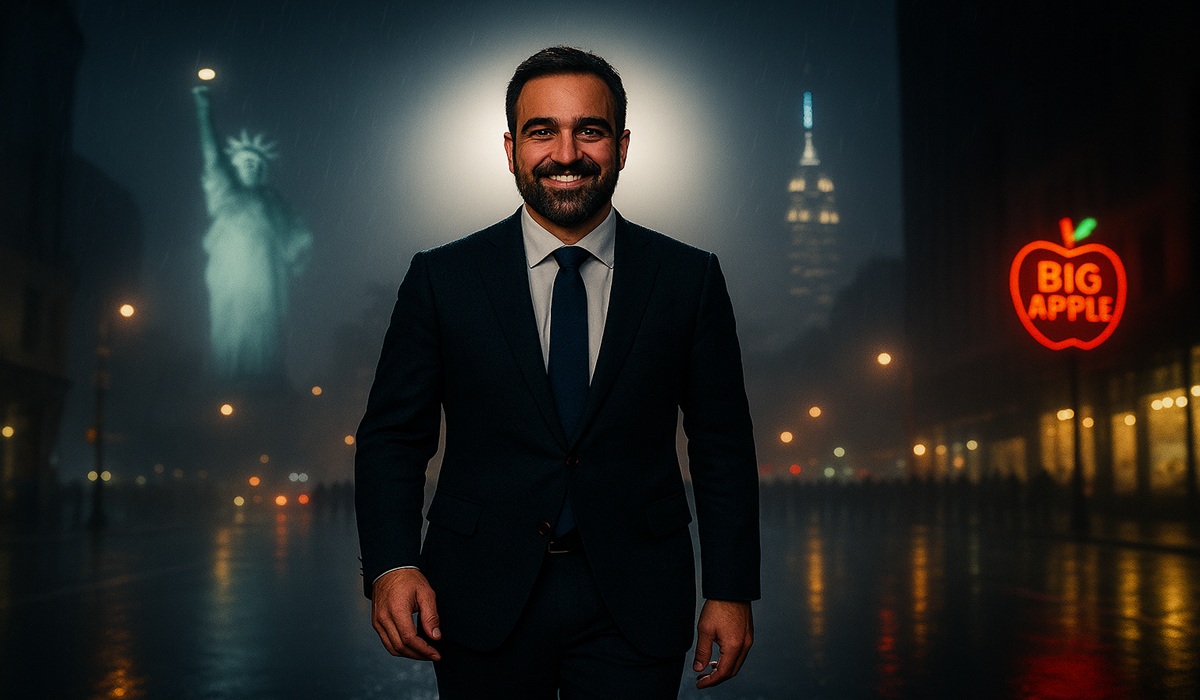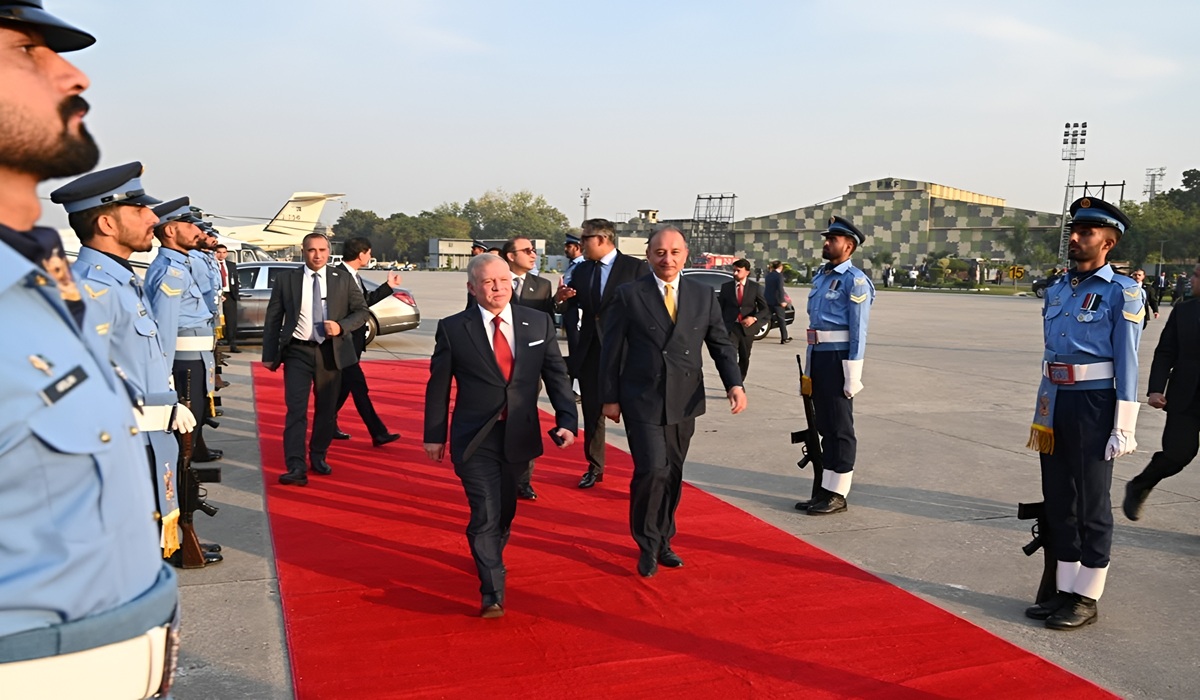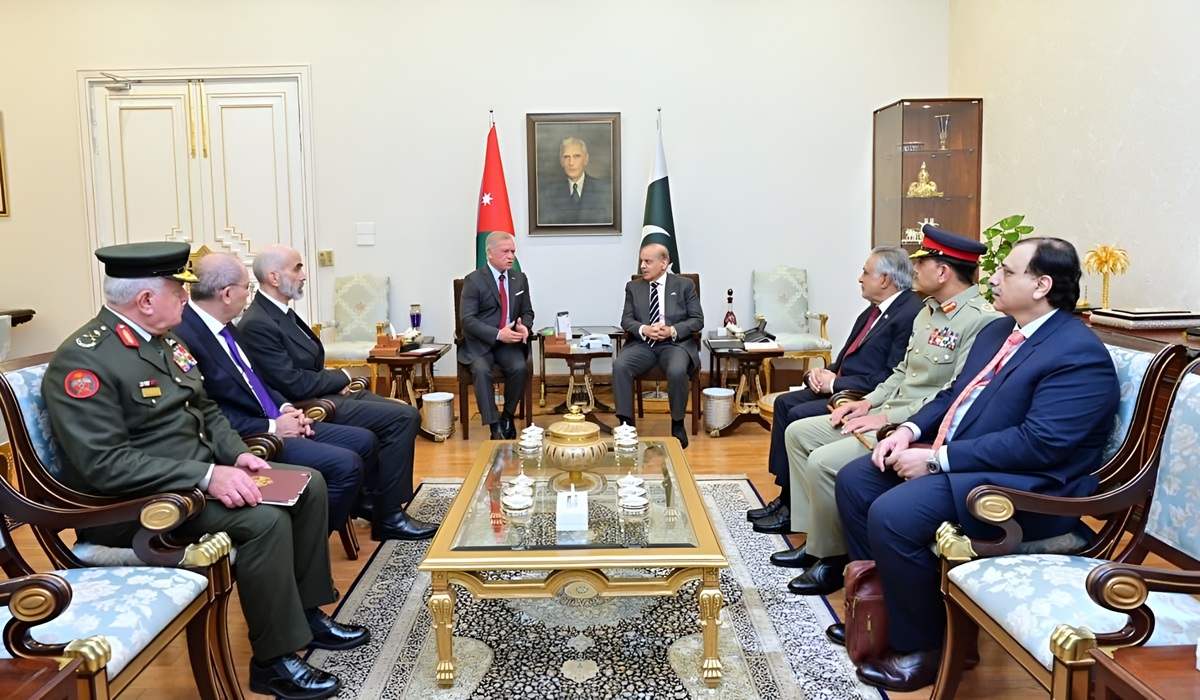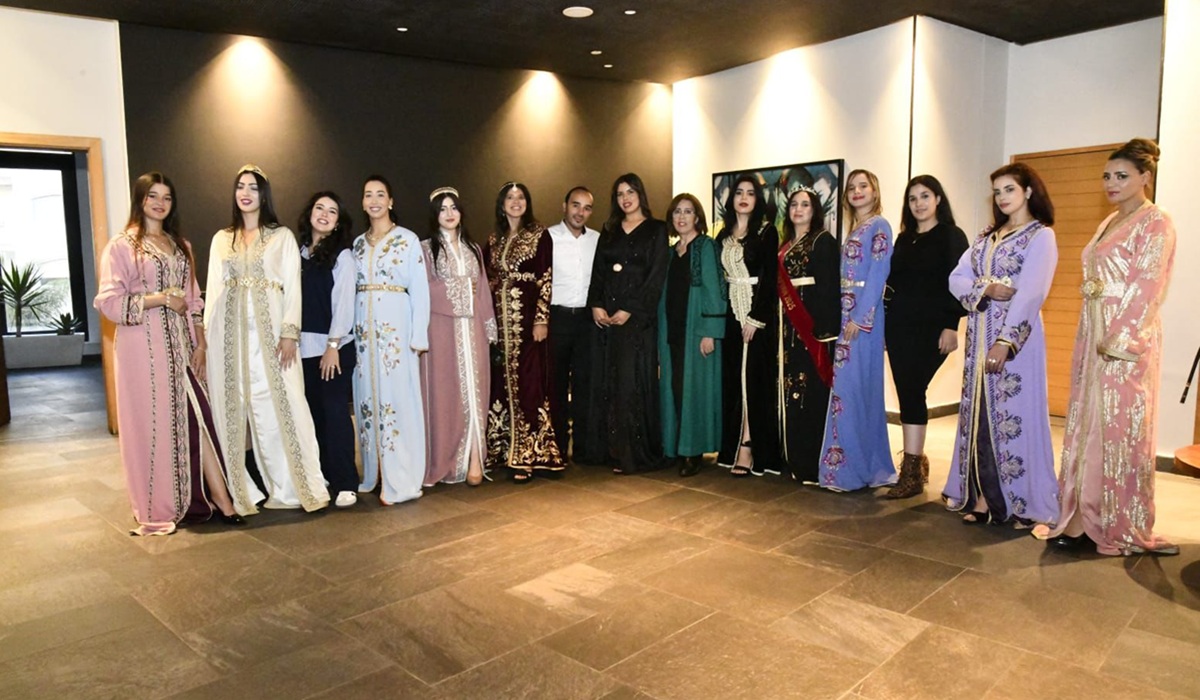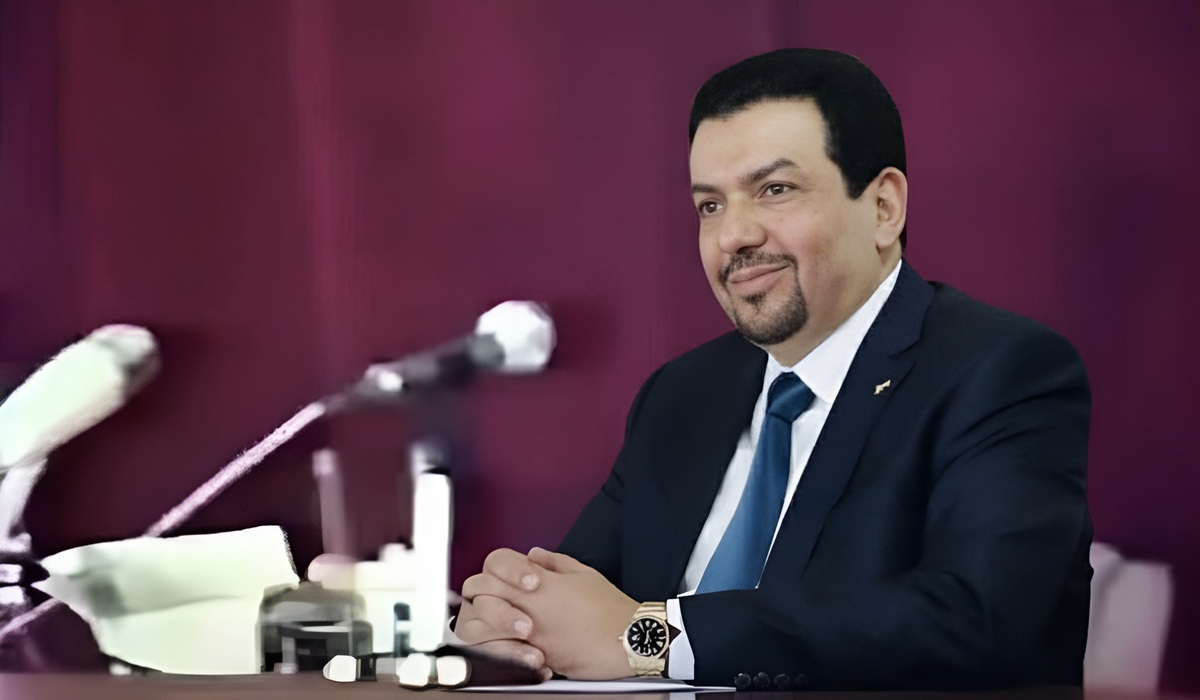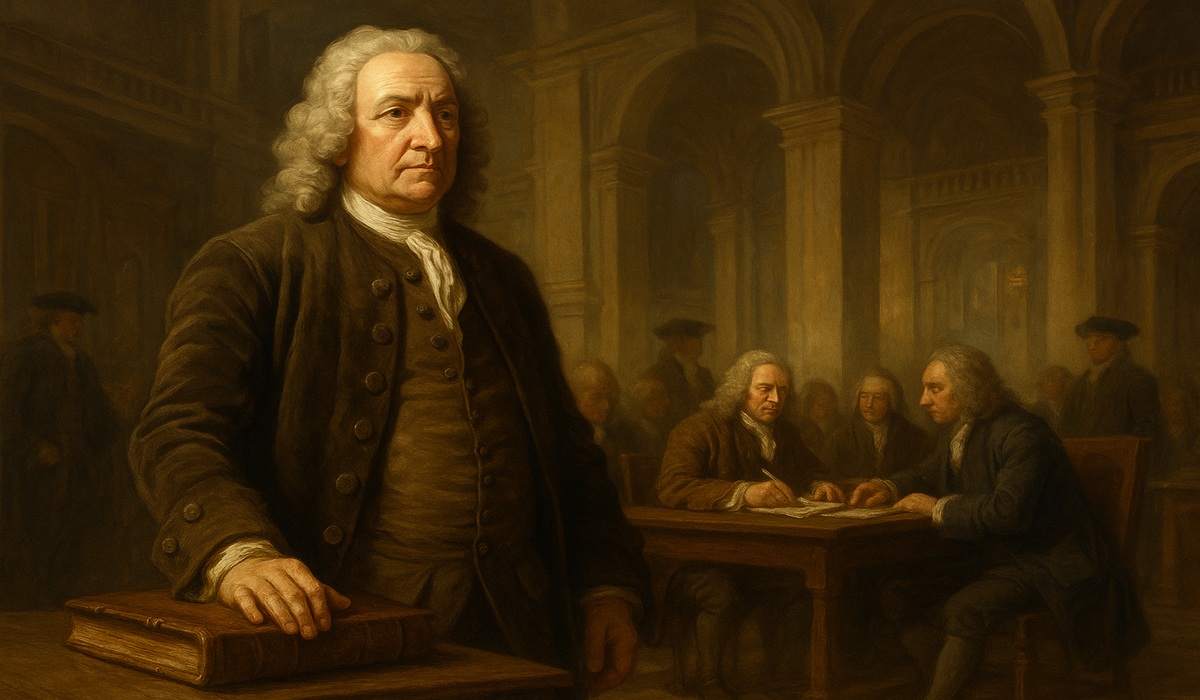Zohran Mamdani’s stunning victory in the New York City mayoral election has sent ripples through America’s political landscape. His triumph is not merely a personal achievement — it symbolizes a generational shift, a new ideological wave, and the growing power of grassroots politics in America’s most influential city. For millions of New Yorkers burdened by inflation, housing crises, and inequality, Mamdani’s win represents hope. But it also raises deeper questions: What made his rise possible? Can he truly transform New York? And is this the beginning of a political journey that could one day make him a national figure?
Mamdani’s success was built on one of the broadest and most dynamic coalitions in recent New York history. He united young voters, labor unions, tenants’ rights activists, immigrants, and middle-class families under a single message: fairness, justice, and affordability. His campaign was fueled by volunteers, not billionaires; by community organizing, not corporate donations. He spoke to the pain points of everyday New Yorkers — skyrocketing rents, unaffordable healthcare, and overburdened public transit.
His key promises — expanding affordable housing, freezing rent hikes, offering fare-free buses, and strengthening workers’ rights — resonated across the city. In a metropolis often divided by class and color, Mamdani’s campaign bridged those divides through an unapologetically progressive message that gave voice to the voiceless.
Mamdani’s appeal cut deeply along generational lines. Exit polls revealed that voters under 35 overwhelmingly backed him, viewing his campaign as a movement rather than a traditional political race. His authenticity and focus on social justice drew in young professionals, students, and first-time voters.
Interestingly, New York’s large Jewish community — estimated at around one million residents — reflected a clear internal divide. While conservative and Orthodox Jewish voters largely opposed Mamdani due to his critical stance on Israel, many progressive and younger Jewish New Yorkers supported him. They saw in him a moral voice who dared to challenge Washington’s blind support for Israel and condemn Prime Minister Netanyahu’s policies on humanitarian grounds. His courage to take such a controversial stand, even at political risk, enhanced his image as a man of principle rather than political convenience.
For Muslim Americans and immigrants, Mamdani’s victory is nothing short of historic. Born in Uganda to South Asian parents and raised in the U.S., Mamdani embodies the immigrant story — perseverance, hard work, and commitment to social change. His election as New York’s first Muslim mayor sends a powerful message to America’s 4.5 million Muslims and millions of immigrants: that the American dream, though battered, is still alive.
His policies also speak directly to the middle class, whose confidence in city governance has eroded amid inflation and inequality. By prioritizing affordable housing, tax reform, and better public services, Mamdani positioned himself as the mayor of the people, not of the elites.
But rhetoric is easier than reform. New York is a notoriously complex city to govern — financially strained, politically divided, and bureaucratically sluggish. Mamdani now faces the monumental challenge of turning promises into policies.
How will he deliver rent relief without alienating powerful real estate lobbies? Can he make buses fare-free without bankrupting the MTA? Will his social welfare agenda survive legislative pushback from Albany? His administration will need both idealism and pragmatism to survive the storm of competing interests.
His ability to manage the city’s budget, maintain safety, and attract business investment will be closely watched — not just by New Yorkers but by the entire nation. If Mamdani can balance progressivism with sound governance, he could become a model for modern American leadership.
Is Mamdani’s victory the beginning of a journey that could one day lead to the White House? Realistically, constitutional limits stand in the way: being foreign-born makes him ineligible for the U.S. presidency. Yet, his influence on national politics could still be immense.
He has already become a beacon for progressive movements across America — a figure who embodies diversity, courage, and conviction. His policies could inspire similar experiments in other major U.S. cities. And his moral voice on global and domestic issues may position him as one of the most prominent progressive leaders of his generation.
Zohran Mamdani’s victory is not just a change of leadership — it is a change of direction. It signals that American urban politics is evolving beyond traditional power brokers toward community-driven, issue-focused movements. For millions, he is a symbol of change, compassion, and courage.
Whether he can meet the high expectations of New Yorkers will define not only his legacy but also the future of progressive politics in America. Mamdani’s real challenge begins now — in the mayor’s office, where promises meet reality and leadership is tested not by words, but by results.
His win marks the dawn of a new era — one where the son of immigrants can rise from grassroots activism to the highest office of the world’s most vibrant city, carrying with him the hopes of a new, more inclusive America.

